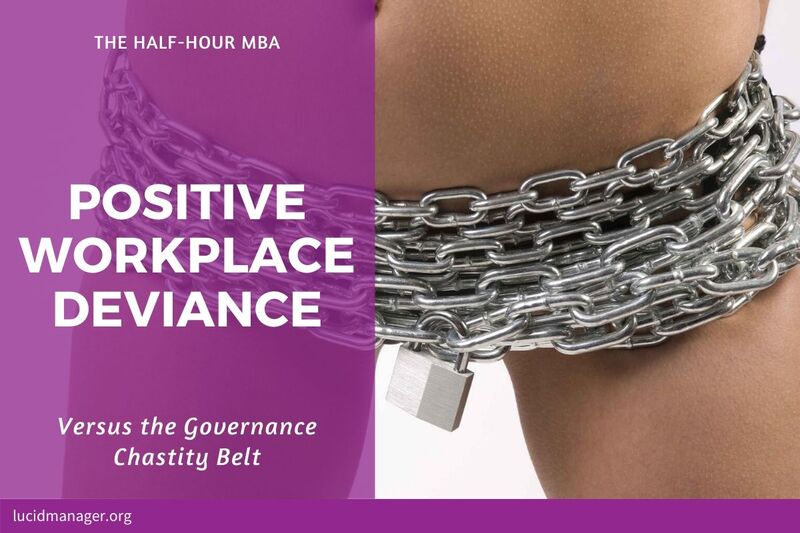
The Subservient Manager and the Illusion of Hierarchy

Peter Prevos |
352 words | 2 minutes
Share this content
One evening at the dining table (Based on a true story. The names have been changed to protect the innocent):
Hannah: "What is your job mum?"
Olyvia: "I manage a team of dentists."
Hannah: "So you drill holes in people's teeth?"
Olyvia: "No, I am a manager"
Hannah: "What is that?"
Olyvia: "I make sure my coworkers have everything they need to do their best possible work."
Management is the craft of achieving objectives vicariously, achievement through other people. The manager-employee relationship is de facto hierarchical. The idea of the manager to control workers was popularised by the Lucid Manager's mortal enemy, Freddy Taylor. Simply put, the manager controls resources and staff follow instructions. This obvious fact is, however, a great misconception of the true nature of the manager-employee relationship.
When President Nixon met Premier Zhou Enlai in 1972, he asked his thoughts about the French revolution of 1789. Zhou Enlai reportedly considered the question for quite some time before finally answering:
"It's too soon to tell."
Zhou Enlai was right. The ideals of the enlightenment of people as independent thinkers have after over two hundred years still not been fully realised. The struggle between the ideals of the Ancien Régime and the Enlightenment can also be seen in management theory. The Taylor inspired scientific view of management versus a more human-centred view is a recurring theme in management literature. At the Lucid Manager, we believe in the ideals of the enlightenment and proclaim a humanistic view on management.
The Subservient Manager
Managers are subservient to their employees. It is the subservient manager's task to select the right people, make sure they are provided with sufficient resources, have the proper knowledge and provide a safe working environment. The manager is also responsible for maintaining networks with external stakeholders. Every activity of the manager is aimed at enabling employees to get the work done effectively and efficiently. The manager makes sure that staff can provide value to customers. To refer to Chinese wisdom, Lao-Tzu wrote 2500 year ago:
The highest type of ruler is one of whose existence the people are barely aware.
Share this content


